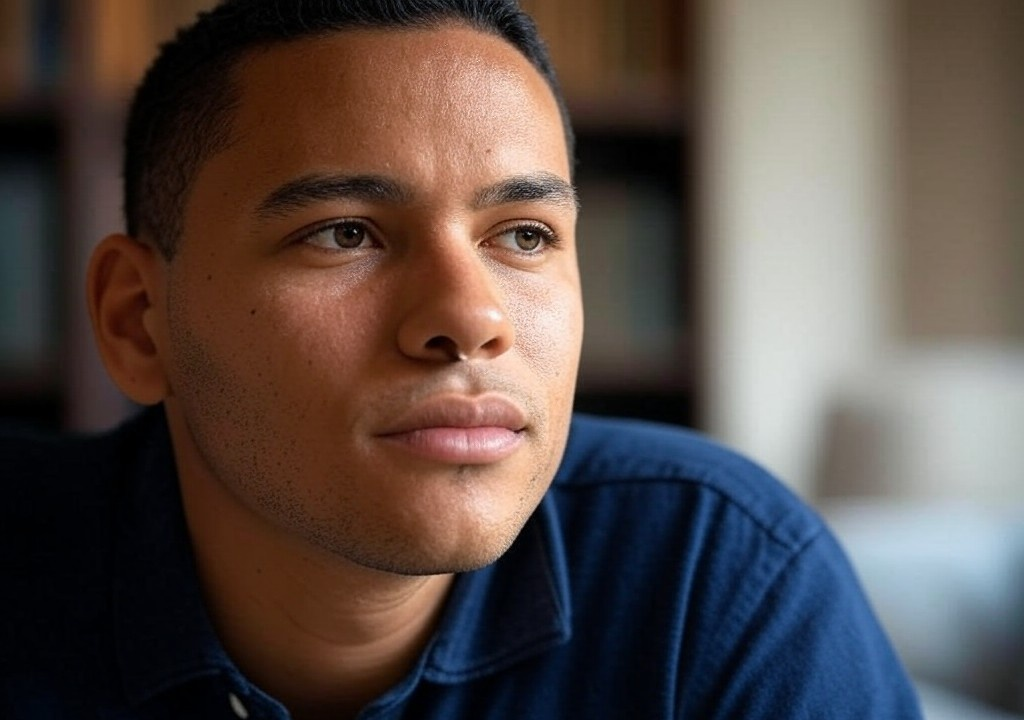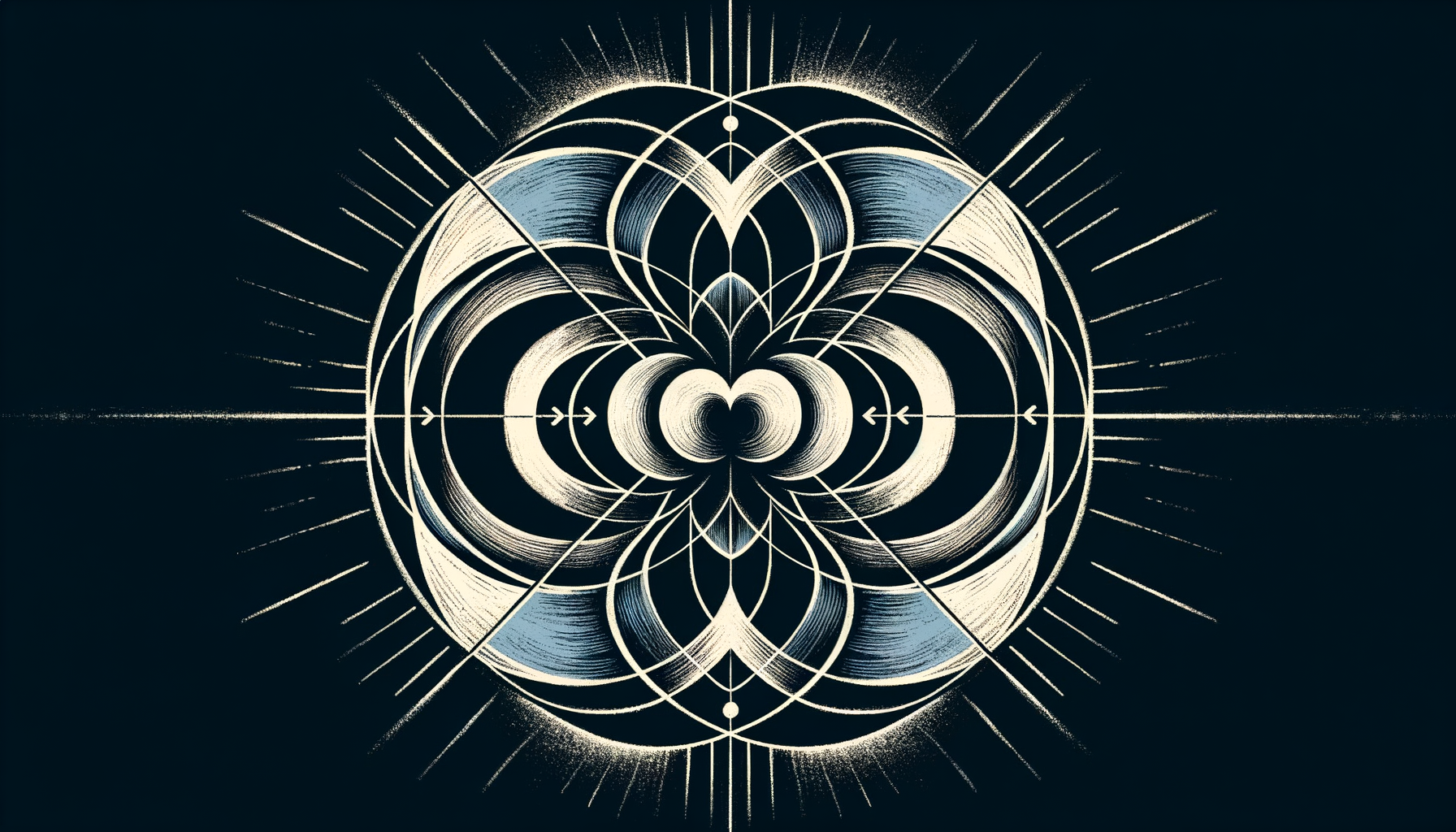Quirks, Salsa, and an Unapologetic Love of Old Radios
We all have those little obsessions, the things that, if left unattended, could turn into a full Pinterest account or the basis for a Netflix original series. For some, it’s plants (you own twelve but can’t keep one alive); for others, it’s Star Wars figurines still in their original packaging. For me? It’s radios. Not sleek, modern Bluetooth speakers or whatever Alexa is doing in your kitchen right now—but old-school radios. The kind you’d imagine someone hanging onto during a summer blackout in 1950s Havana or tuning into late-night baseball games with a grainy AM buzz.
Growing up in a vibrant Cuban household in Miami, surrounded by abuelos who found poetry in the crackle of a phonograph, I suppose my love of radios makes sense. But what began as a quiet fascination with the aesthetics—lacquered wood, rounded dials, the soft glow of a faded frequency dial—somehow became a metaphor for how I see relationships, culture, and, well, myself. Let me explain.
How Radios Taught Me Patience (and Other Things Dating Apps Never Did)
Here’s the thing about vintage radios: they’re temperamental. Kind of like trying to interpret a text that just says "K." They need care, attention, and a certain finesse no swipe-left-or-right app prepares you for. Early on in my radio-collecting obsession, I realized their beauty lies in the imperfections.
Tinkering with an antique radio is a delicate balance of persistence and surrender. Maybe the connections have corroded, or the tubes are tired—like your emotions after your last situationship. But here's the kicker: you can't force it back to working order. You assess, read between the static, and figure out how much effort this particular piece of equipment is worth.
And isn’t that what we’re all secretly navigating in our relationships? Deciding when to lean in, invest time and energy, and when to admit it might need more repair than we’re ready to give. Dating sometimes feels like tuning a stubborn frequency—you turn the knob a fraction slower, listen harder, trying to connect through all the noise.
To me, radios are a lesson in being present: no playlists, no endless skips, just one station, crystal-clear or staticky, for as long as you're willing to sit with it.
Nostalgia Is Sexy, But Connection Is the Real Goal
There’s another reason I love these radios—nostalgia. Growing up, salsa music was practically a fifth family member in my house. Celia Cruz’s voice boomed from my abuela’s kitchen during Sunday meal prep. Marc Anthony kept us company on the drive to Hialeah to visit family. Nostalgia hit me recently while tuning into an old shortwave radio I salvaged at an estate sale. Through the buzz and crackles, I caught snippets of a far-flung station in Spanish. For a split second, it was like being a kid in Miami again, standing by the kitchen while the rice cooker hissed and someone shouted futbol scores from the other room.
So, yeah, I get it—we all romanticize the past. It’s like rereading that one text exchange with your ex you insist you’re over. (Spoiler: the good memories are usually edited.) But here’s the truth: nostalgia alone doesn’t sustain us. Connection does. And that’s what old radios remind me—they weren’t designed to store playlists or play on-demand. Their purpose was, and still is, connection. A reminder to stay tuned to what you can access now instead of getting stuck on what you’ve lost.
Finding Your People Is About Frequency, Not Filters
Here’s another thing I’ve learned from my quirky obsession (besides how to really tick off TSA agents during trips with radio parts in my carry-on): when it comes to both radios and relationships, compatibility is about frequency alignment.
If a radio is out of tune—or let's be honest, broken in places—it doesn’t matter how good the external finish looks. No dial-spinning wizardry will make it work the way it’s supposed to. In dating, we tend to focus on appearances, on the slick veneer of filtered photos or hyper-curated social media personas. But just like an old radio with a gutsy, timeless hum, it’s really about what’s inside. Is the person you’re trying so hard to “fix” someone who’s just a mismatched frequency for you? Can you actually communicate? Are they even trying to tune in to your wavelength, or are they tapping along to a totally different station altogether?
If remote controls and voice-activated systems have taught us anything, it’s that we crave convenience. But relationships won’t abide by shortcuts; they take work. Your people—your frequency match—will understand that same truth.
Obsessions Make You Human—Celebrate Them, Don’t Hide Them
Let’s talk about passion. Not the overhyped kind that gets slapped on motivational posters, but the specific, weird little joys that make you, you. There was a point when I felt slightly embarrassed by how persistent my radio obsession had become. My place in Chicago—a temporary home during my creative writing fellowship years—looked less like it belonged to a hip writer-in-residence and more like a museum basement for old wiring diagrams and scratched Bakelite dials.
But then I asked myself: why apologize for loving something so much? If my grandparents could survive the literal static of political struggles and uprooting their lives, the least I could do is embrace the quirks they unintentionally passed down to me. Have I gone on first dates where someone raised an eyebrow at the mention of my prized Zenith Trans-Oceanic? Absolutely. Did it make me wish I owned one of those calming, normal dog-enthusiast dating profiles? Never.
This is your permission to lean into the parts of yourself you worry are too “weird” or “niche.” Your quirks might not always match someone else’s vibe, but what if they do? What if your uniqueness becomes the very thing someone finds magnetic? (As long as it’s consensual magnetism—don’t be creepy.)
Slow Down and Tune In
Here’s my parting thought, friends: old radios are fragile but enduring, complex but worth the effort. They remind me that sometimes the most worthwhile ventures, whether finding love, repairing a relationship, or building self-confidence, take patience and care. They force us to slow down and actually pay attention—because real connections, in dating or life in general, aren’t served up with an algorithm.
So whatever your version of “quirky” is, own it. Whether it’s a collection of old teapots, an irrational attachment to your neon rollerblades, or a borderline-unhealthy obsession with vintage radios—lean in. Those passions aren’t just personality quirks; they’re proof you know how to love something deeply, even if (or especially if) it’s imperfect. Isn’t that the best practice for love, anyway?




















